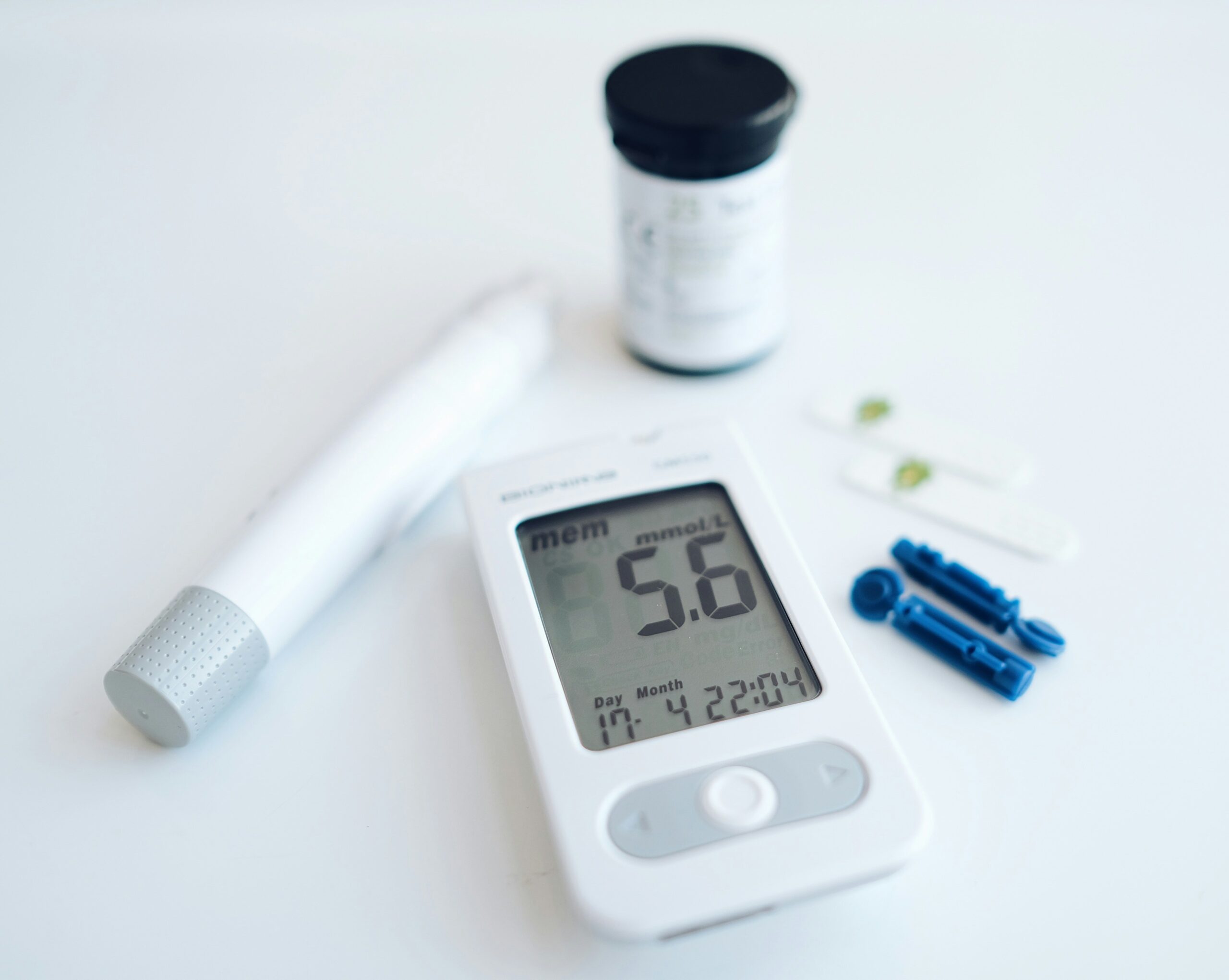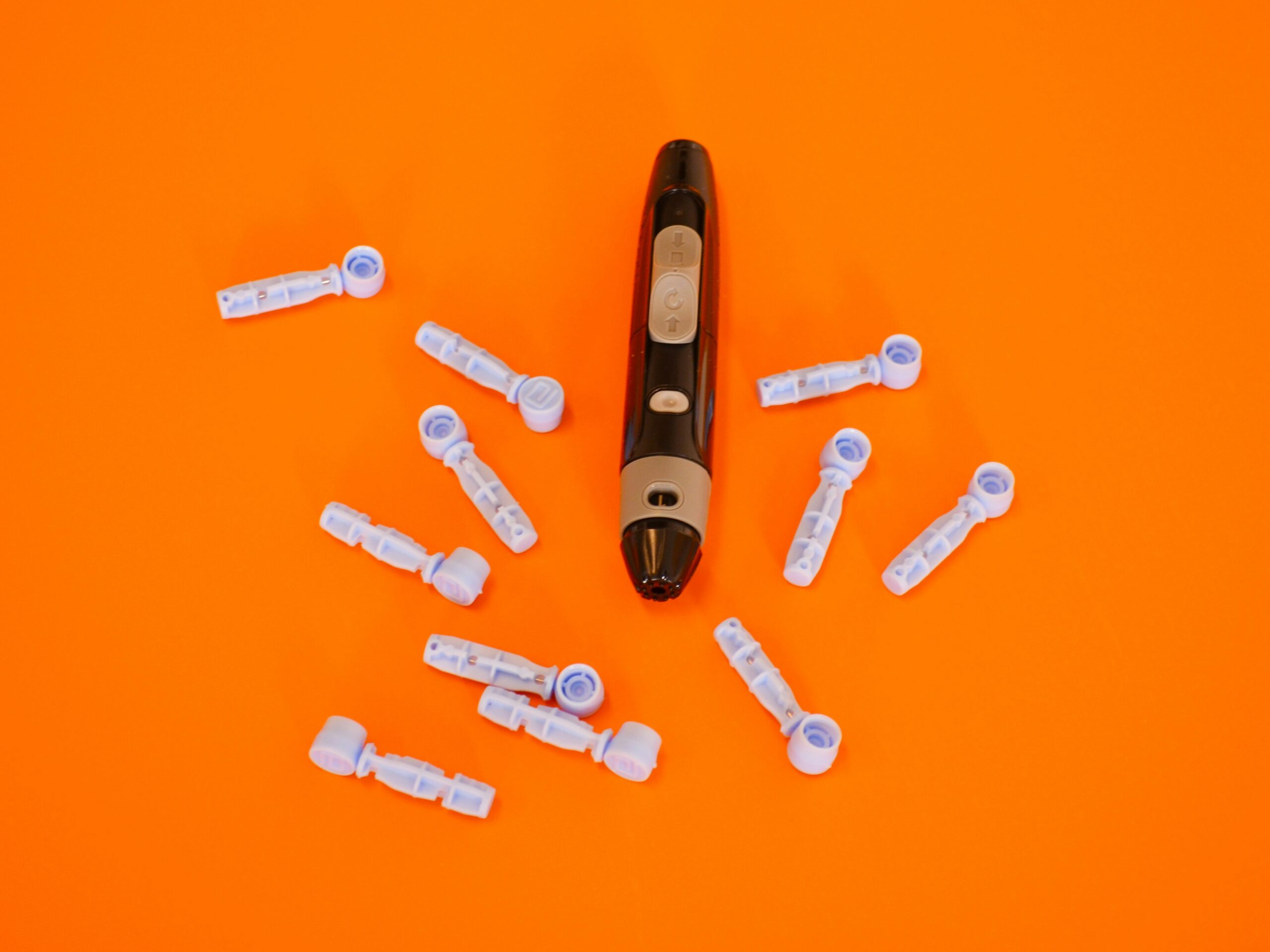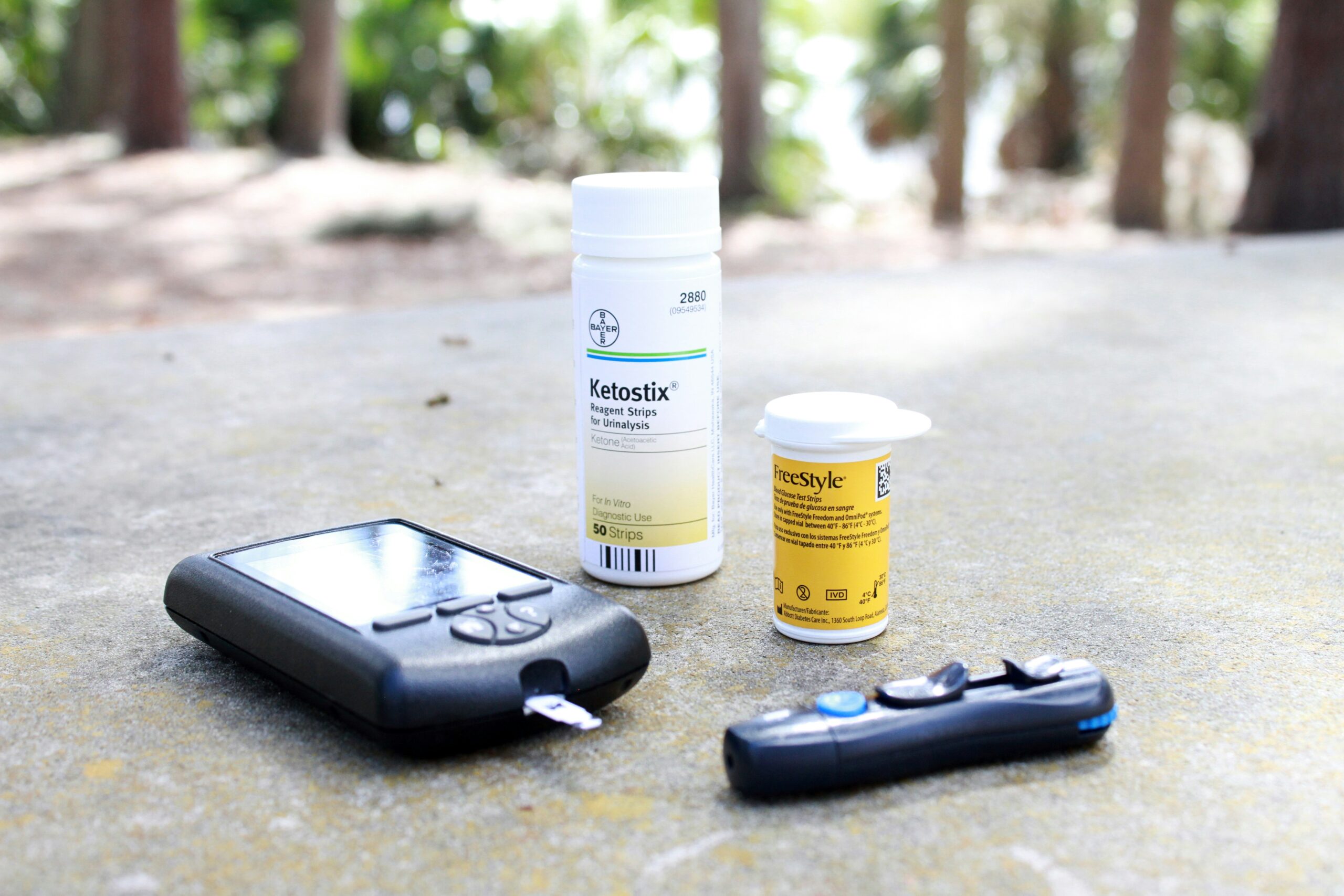Maintaining the right blood sugar levels is crucial for overall health and preventing serious complications, especially for individuals with diabetes.
But what exactly are the optimal blood sugar levels, and why is it so important to monitor them regularly?
What Are the Ideal Blood Sugar Levels?
- Fasting Blood Sugar: The ideal range for fasting blood sugar (measured after not eating for at least 8 hours) is between 70 and 99 mg/dL. Levels above this range may indicate prediabetes or diabetes.
- Postprandial Blood Sugar: This is measured 2 hours after eating. The ideal range is less than 140 mg/dL. Elevated levels may suggest issues with blood sugar control.
- HbA1c Levels: This test provides an average of blood sugar levels over the past 2-3 months. A normal HbA1c level is below 5.7%. Levels between 5.7% and 6.4% indicate prediabetes, while levels above 6.5% suggest diabetes.
Why Is Regular Monitoring Important?
Blood sugar levels can fluctuate due to various factors such as diet, stress, and physical activity.
Regular monitoring helps you stay informed about your levels and make necessary adjustments to your lifestyle or treatment plan.
How to Monitor Blood Sugar Levels:
- Use a Glucometer: This portable device allows you to check your blood sugar levels at home quickly and easily. Regular testing helps track your blood sugar throughout the day.
- Get Laboratory Tests: Routine lab tests, such as HbA1c, provide a comprehensive view of your long-term blood sugar control. These tests are essential for managing diabetes effectively.
Stay Proactive About Your Health:
Understanding and maintaining the correct blood sugar levels is key to managing diabetes and avoiding complications.
Regular testing and monitoring are essential steps in taking control of your health.
Get Expert Advice:
For personalized guidance and a structured diabetes management plan, consider joining our program. Visit AFYAPlan to learn more and get started today!


